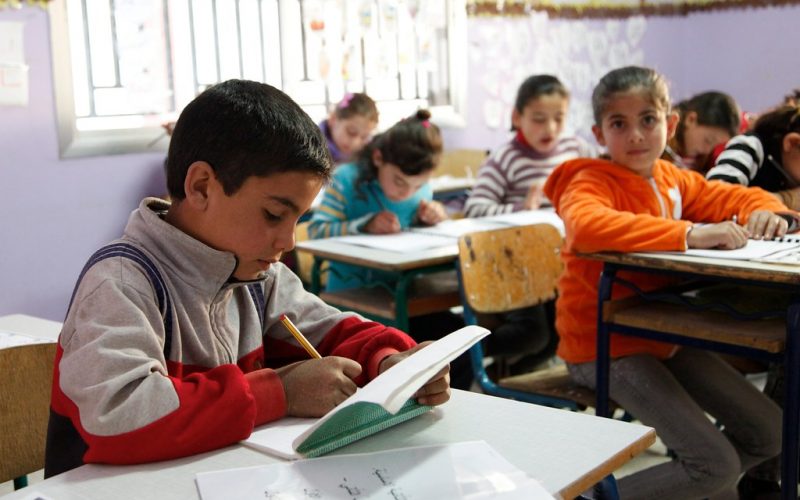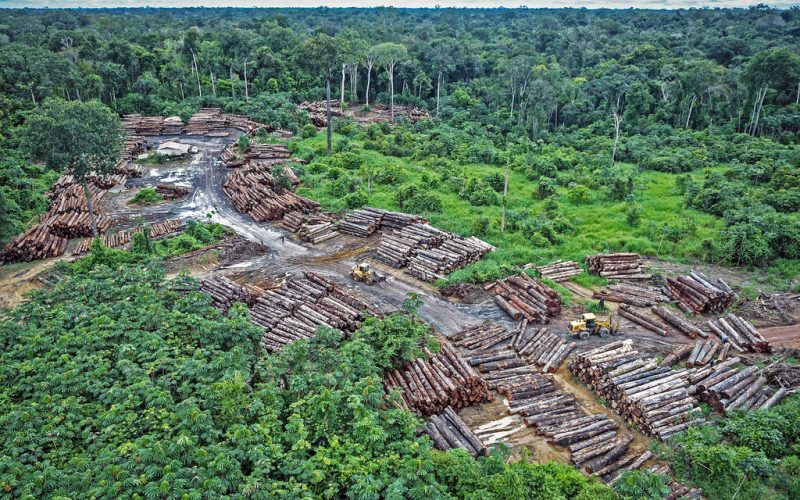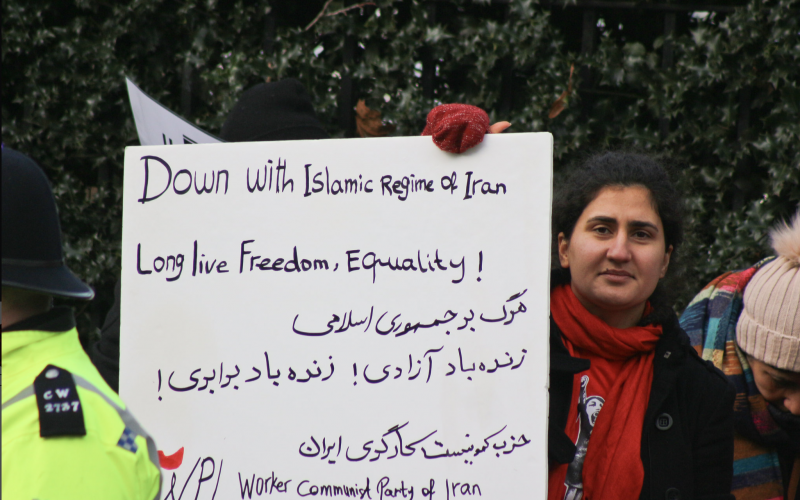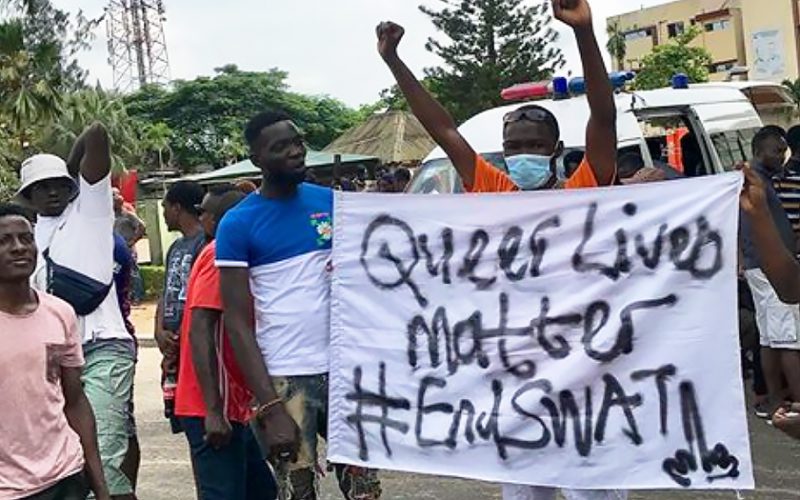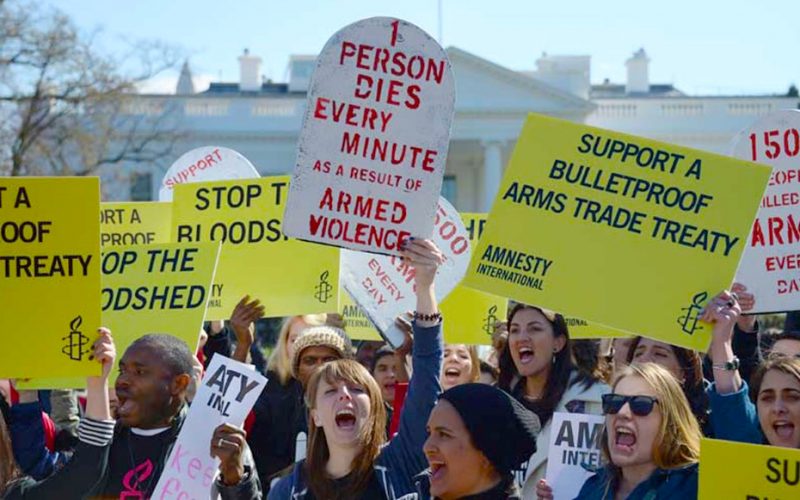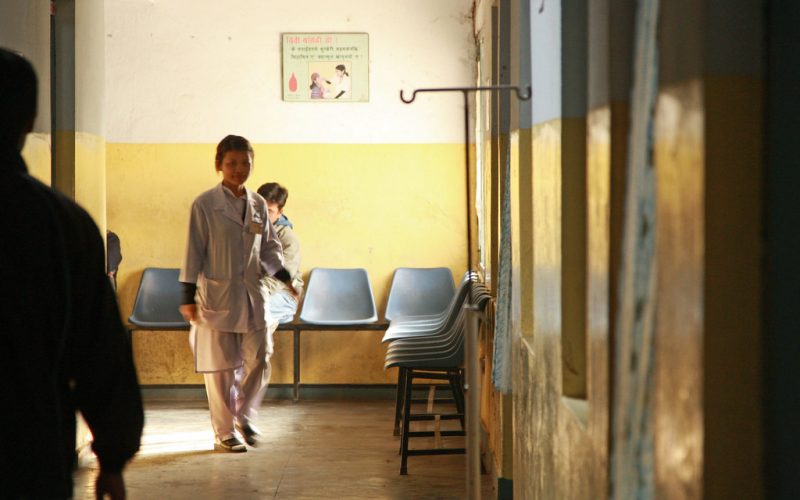As civil war erupted in Syria in 2011, the world watched as millions of Syrians were faced with the unimaginable peril of uprooting their lives to flee violence and persecution. […]
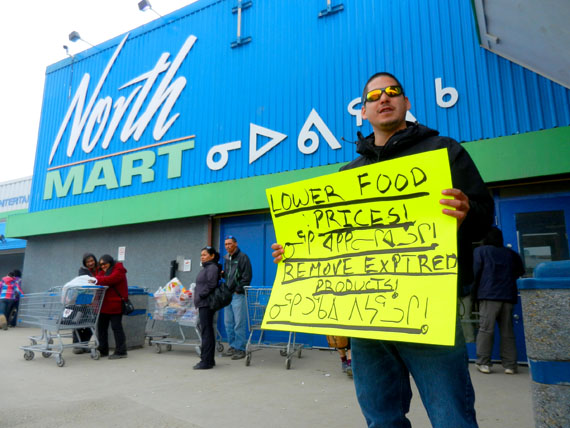
Food insecurity seldom comes to mind when considering Canada, a country recognized for its high standard of living. For those in the provinces, it may be shocking to hear the prices that those living in Northern Canada have to pay for such basic necessities. Yet food prices are so exorbitant that Northern Canadians, in particular the Indigenous communities that make up the majority of the population, are unable to sustain their families’ nutritional requirements. Government efforts to combat the issue are continuously insufficient and ineffective, exacerbating the structural inequalities faced by Indigenous populations in Canada.
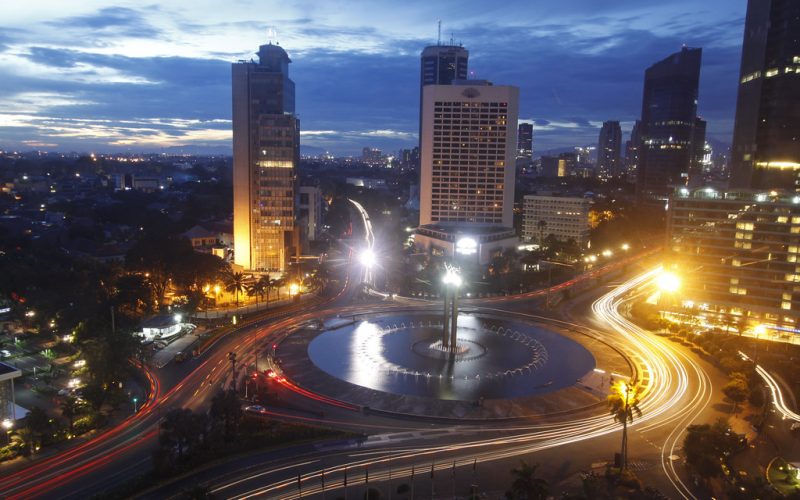
The intersection of technology and education may not have been equitably galvanized, but the implementation of the platforms behind this intersection has been explored to the point where applications show promise in affecting change within the developing world; a high-quality education can help in fostering change in societies that suffer from marginalization. Through policymaking derived from the principle of egalitarian rational discourse, which is defined as a system of non-partisan individual and institutional political and social criticism of ineffectual structures for the good of all people, utilizing online education platforms at all levels, and responsible policymaking on the part of international bodies such as the UN and blocs such as Western Europe, both acting in concert with the developing world, the world stands to obtain long-term gains in its social and economic welfare.

